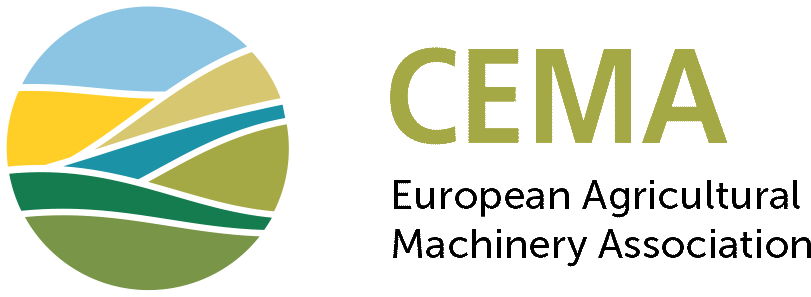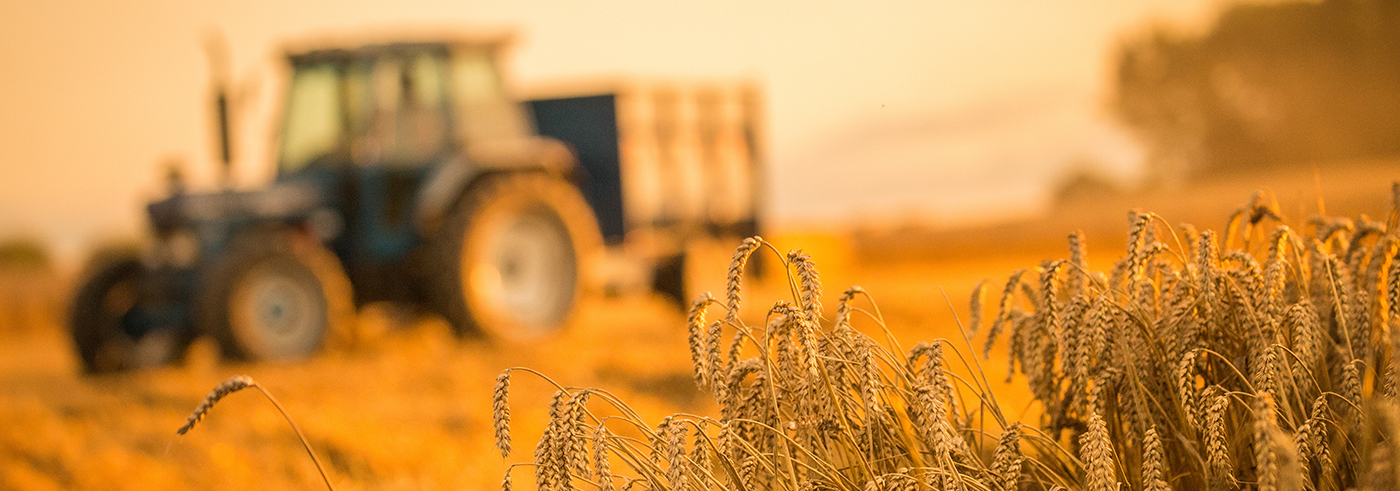After agreements within the AgriFish Council and within the Parliament, the search for a compromise begins in full
****
European Council:
The reform of the Common Agricultural Policy (CAP) post-2020 has been in the works for over two years now.
On 21st October, after long discussions that stretched far into the night, the Council of the European Union (in the Agriculture and Fisheries format) agreed on its negotiating position on the post-2020 CAP reform package, on the basis of a new proposal by the German presidency. The position includes important commitments for higher environmental ambition on the part of the member states (enhanced conditionality and mandatory eco-schemes are foreseen), but they would have a certain flexibility in how the environmental goals are reached with the use of national strategic plans.
The full position by the Council can be read HERE. With this general approach, the Council has the political mandate to start negotiations with the European Parliament.
European Parliament:
On its end, the European Parliament on 23rd October also agreed on the three reports that will form its opening position in negotiations with member states and the European Commission. The voting was preceded by extensive discussions and the presentation of many amendments to the texts.
The European Parliament press release detailing some of the decisions can be read HERE.
The text approved by the Parliament foresees conditionality, a minimum of 35% of the rural development budget to be dedicated to environmental and climate-related measures and 30% of the direct payments to be reserved for eco-schemes.
And now?
With negotiating positions agreed by all institutions, the so-called “trilogue” negotiations can now begin. The first session is expected to take place already by the end of November, with an informal deadline set at the end of March, although the talks might take a lot longer.
It is important to keep in mind that the CAP agreement will be conditioned by the overall agreement on the Multi Annual Financial Framework. The CAP transition regulation ensures that the current regime can continue to support farmers until the end of 2022 (we had covered the topic HERE).
CEMA advocates for the new CAP to support investment and enable the uptake of advanced precision & digital farming technologies, by all farms, in order to widely spread sustainable farming practices.







